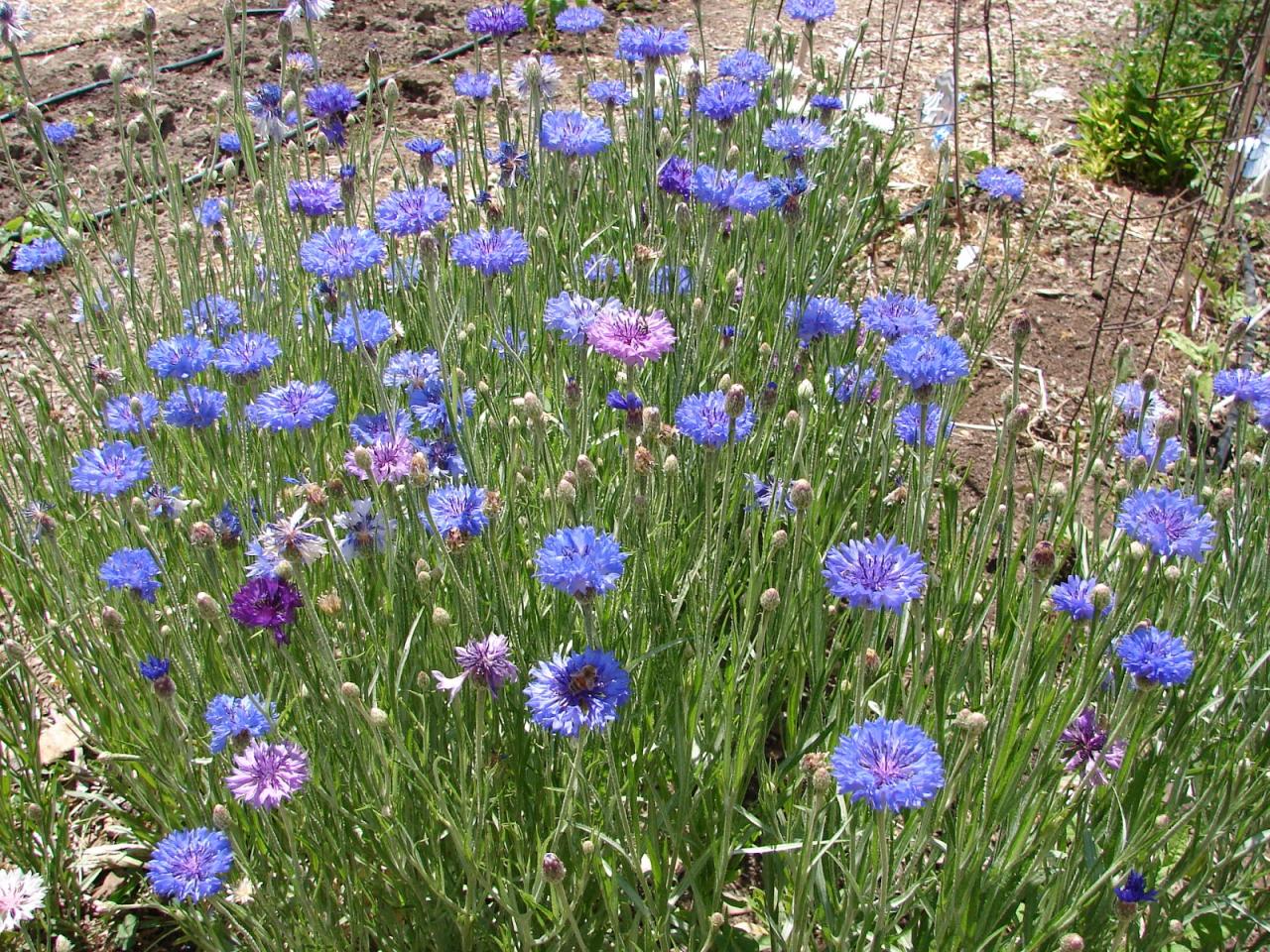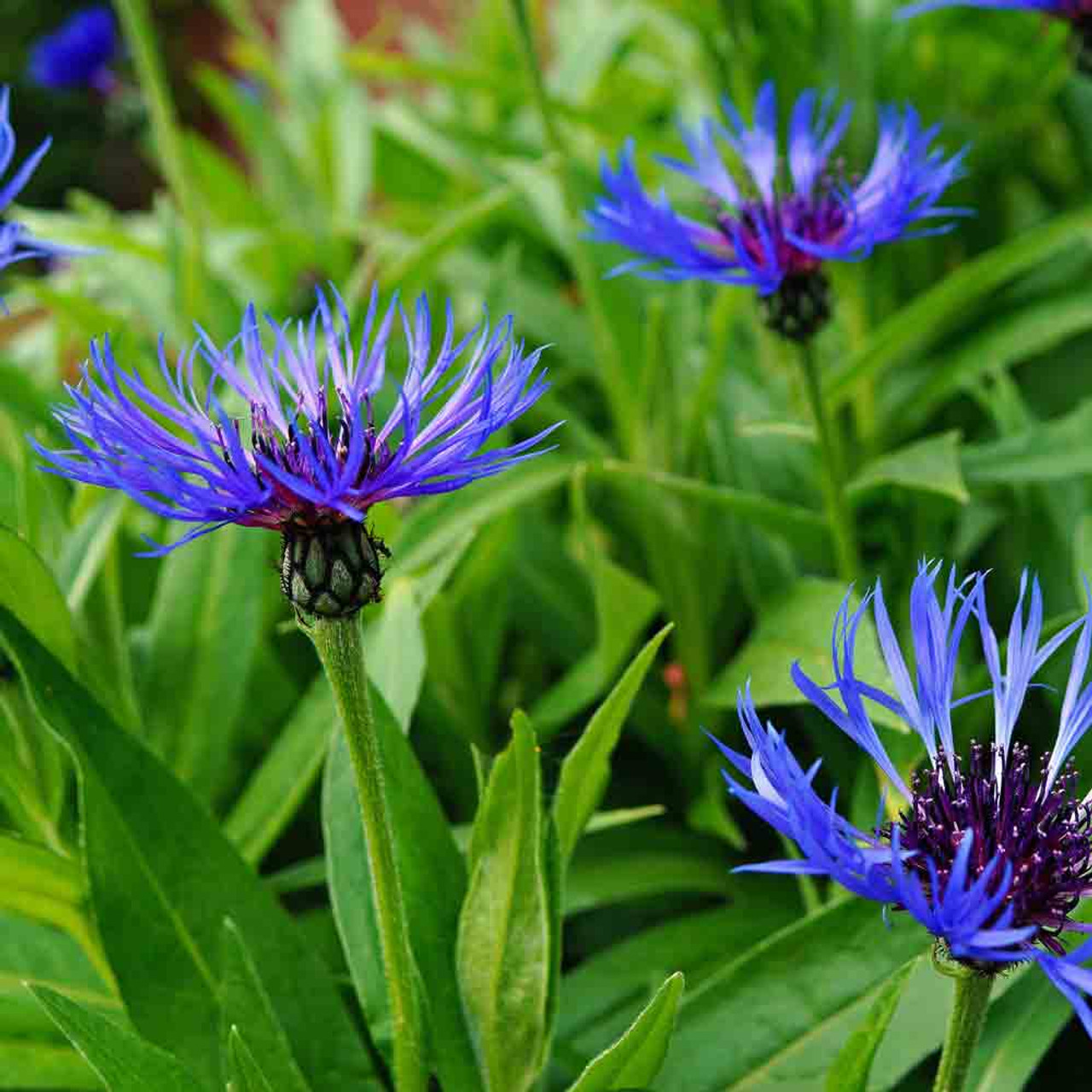Bachelor’s Buttons, also known as Centaurea cyanus, is a delightful annual flower that has captivated gardeners and flower enthusiasts alike for centuries. With its vibrant blue, pink, and white blooms, this plant adds a burst of color to any garden. In this blog post, we will delve into the characteristics, growing conditions, and benefits of the Bachelor’s Buttons plant, ensuring you have all the information you need to cultivate this beautiful flower in your own backyard.
What is Bachelor’s Buttons?
Bachelor’s Buttons, often referred to as cornflowers, belong to the Asteraceae family and are native to Europe. They thrive in sunny locations and are known for their hardiness and resilience. The flowers are typically blue but can also be found in various shades, including pink, purple, and white. 🌸 These plants can grow up to 3 feet tall, making them a striking addition to any floral arrangement or garden bed.
Characteristics of Bachelor’s Buttons
- Height: 1 to 3 feet (30 to 90 cm)
- Blooming Season: Late spring to early summer
- Flower Color: Blue, pink, purple, and white
- Foliage: Green, lanceolate leaves that can grow up to 6 inches long
- Type: Annual plant
Growing Conditions
Bachelor’s Buttons are easy to grow and adapt well to various soil conditions. They prefer well-drained soil and full sunlight. Here are some key points to consider when planting Bachelor’s Buttons:
Soil Requirements
While Bachelor’s Buttons can thrive in a variety of soils, they prefer loamy or sandy soils that are slightly acidic to neutral (pH 6.0 to 7.0). Make sure the soil has good drainage to prevent root rot.
Light Requirements, Bachelor’S Buttons Plant
These plants flourish in full sun, so choose a location that receives at least 6 hours of direct sunlight daily. 🌞
Watering Needs

Water Bachelor’s Buttons regularly, especially during dry spells. However, be cautious not to overwater, as this can lead to root diseases. It’s best to allow the top inch of soil to dry out before watering again.
Planting and Propagation
Bachelor’s Buttons can be sown directly into the garden or started indoors. If you’re planting outdoors, follow these steps:
- Choose a sunny location and prepare the soil by tilling and adding organic matter.
- Scatter the seeds on the soil surface and cover them lightly with soil.
- Water gently to avoid washing the seeds away.
- Thin the seedlings once they reach a few inches in height, allowing for adequate spacing of 6 to 12 inches apart.
Benefits of Bachelor’s Buttons
Beyond their aesthetic appeal, Bachelor’s Buttons offer several benefits:
Attracting Pollinators
Bachelor’s Buttons are known to attract bees, butterflies, and other beneficial insects. By planting these flowers in your garden, you’re helping to support local pollinator populations. 🐝
Cut Flower Arrangements

These vibrant blooms make excellent cut flowers. They can last up to a week in a vase, adding color to your home. Pair them with other garden flowers for a stunning bouquet.
Natural Pest Control
By planting Bachelor’s Buttons among your vegetable garden, you can deter certain pests. Their natural oils can help repel aphids and other harmful insects, providing a more organic approach to gardening.
Common Pests and Diseases: Bachelor’S Buttons Plant
While Bachelor’s Buttons are relatively disease-resistant, they can fall prey to a few pests and diseases:
Common Pests
- Aphids: These small, sap-sucking insects can weaken the plant. Use insecticidal soap or neem oil for control.
- Spider Mites: If you notice fine webs on your plants, they may be infested with spider mites. Increase humidity or use miticides for treatment.
Diseases
Bachelor’s Buttons are susceptible to root rot and fungal diseases if overwatered. Always ensure proper drainage and avoid watering the leaves to minimize risk.
Harvesting and Storing Seeds
If you wish to save seeds for future planting, follow these steps:
How to Harvest Seeds
- Wait until the flowers have faded and seed heads have formed.
- Cut the seed heads from the plant and place them in a paper bag to dry for a few days.
- Once dry, gently crush the seed heads to release the seeds.
- Store the seeds in a cool, dry place, preferably in a paper envelope labeled with the date.
Conclusion
Bachelor’s Buttons are a fantastic choice for any gardener looking to enhance their outdoor space with colorful blooms. Their ease of growth, ability to attract pollinators, and various uses make them a valuable addition to your garden. By following the tips Artikeld in this post, you can cultivate these beautiful flowers and enjoy their many benefits for years to come. So get your seeds, find a sunny spot, and start planting! 🌻
